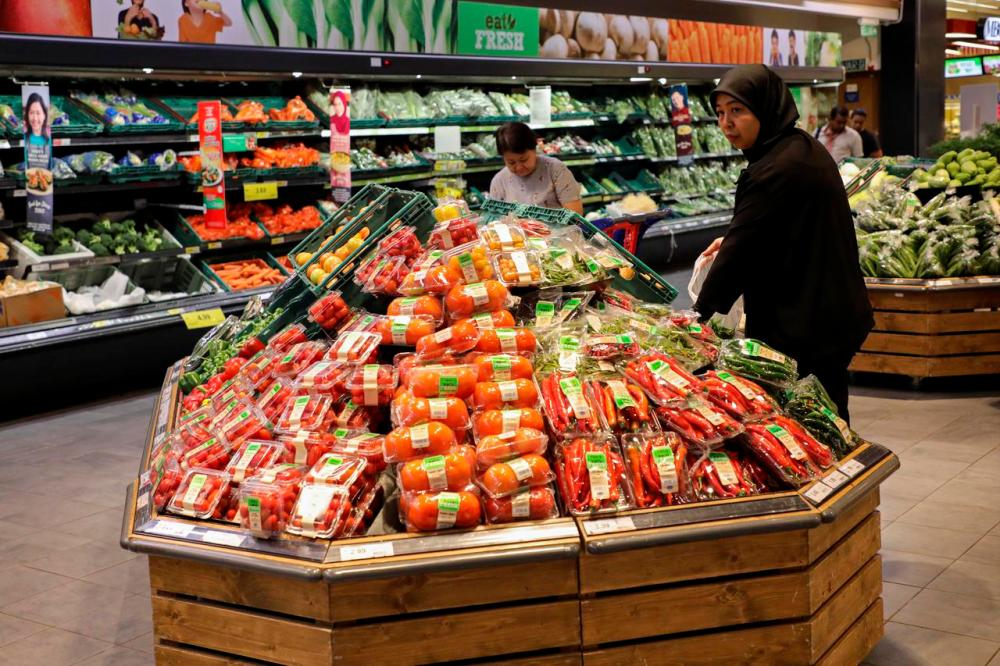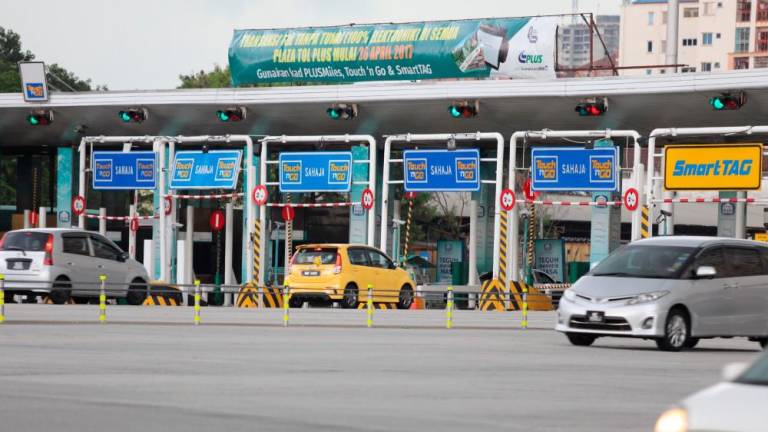PETALING JAYA: The impact of Covid-19 and the lockdown will have a more negative impact on consumer spending habits in Malaysia compared with the 2008/09 Great Financial Crisis (GFC), according to Fitch Solutions, which is projecting real household spending to contract by 0.2% year on year in 2020, followed by a 8.2% annualised growth in 2021.
In 2009, household spending in Malaysia grew by a real rate of just 1.4% year on year.
Its forecast of a 0.2% contraction for 2020 is a significant drop from the 7.7% growth it estimated for 2019.
“Driving our negative outlook view for 2020 is the general economic outlook for Malaysia, with real GDP projected to contract by 2.8% in 2020 from a growth of 4.3% in 2019 and, more specifically, the financial outlook for consumers, with unemployment and wage prospects a key worry.
“Our team forecasts Malaysia’s unemployment rate, as a percentage of the total labour force, to average 4.2% in 2020 from an estimated 3.3% in 2019,“ Fitch Solutions said in a report yesterday.
It said while lockdown measures are easing and non-essential retail is reopening, which will aid a number of non-essential segments that were hardest hit by the lockdown, there are four demand side risks emerging.
These demand side risks (economic reality hit, purchasing triggers diminished, new normal lacks appeal and residual fear) are already playing out in Malaysia.
For the period between the conditional movement control order and the recovery movement control order being announced (May 4 to June 7), Google mobility data show that, while improving, travel to retail and recreational outlets was down by an average of 54%, when compared to a baseline period in January and February.
Similarly, travel to transit stations was down by an average of 54.7% compared to the baseline, over the same period.
“While we have limited data post-June 7, we note that consumers are still generally avoiding crowded areas, even when the most severe restrictions are lifted. For the period June 8 to June 19, travel to retail and recreation is down by an average of 33.9%, compared to the baseline period.”
While in the short term it will take time for consumers’ to adapt to the new normal, the easing of lockdown is good news for the country’s economy and this removal of restrictions, along with the government’s stimulus plan led Fitch to project a recovery in consumer spending for 2021.
“We believe there is the potential for consumer spending to bounce back in 2021 and we are forecasting real household spending to expand by 8.2% y-o-y.”
It said the Malaysian government has announced four different stimulus packages, worth a combined RM62.6 billion, which is 4.5% of GDP. Some of these measures have been aimed at households, directly or indirectly.
“We continue to review and revise our forecasts in light of new data. Currently our forecasts are not factoring in a nationwide lockdown due to a second wave (restrictions could be implemented in virus hotspots within the country) and no effective vaccine being developed yet. Should either of these scenarios become more likely, we will adapt our forecasts accordingly,” said Fitch.













